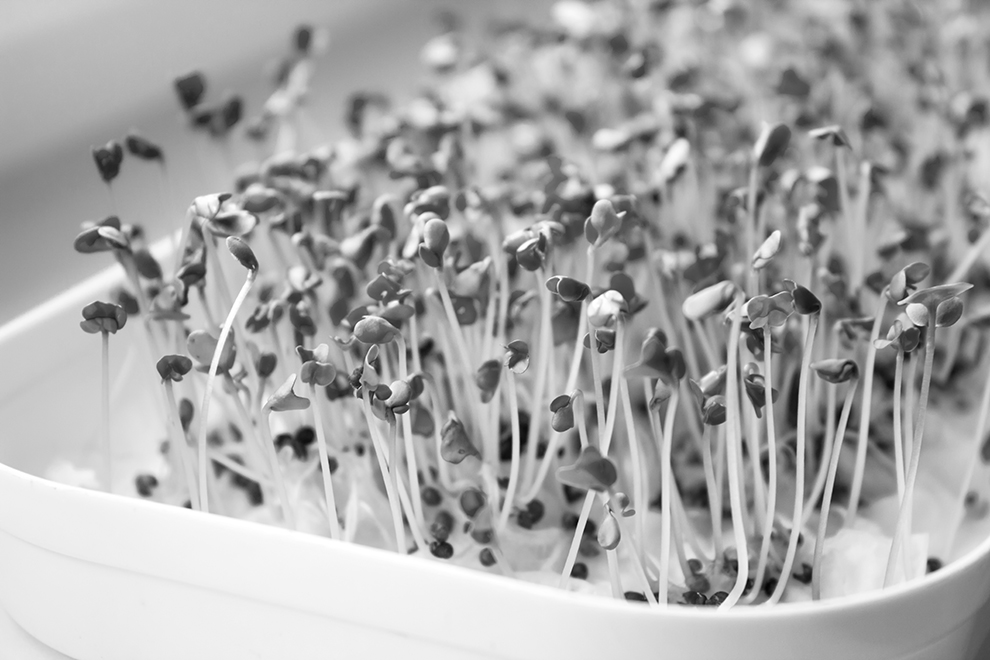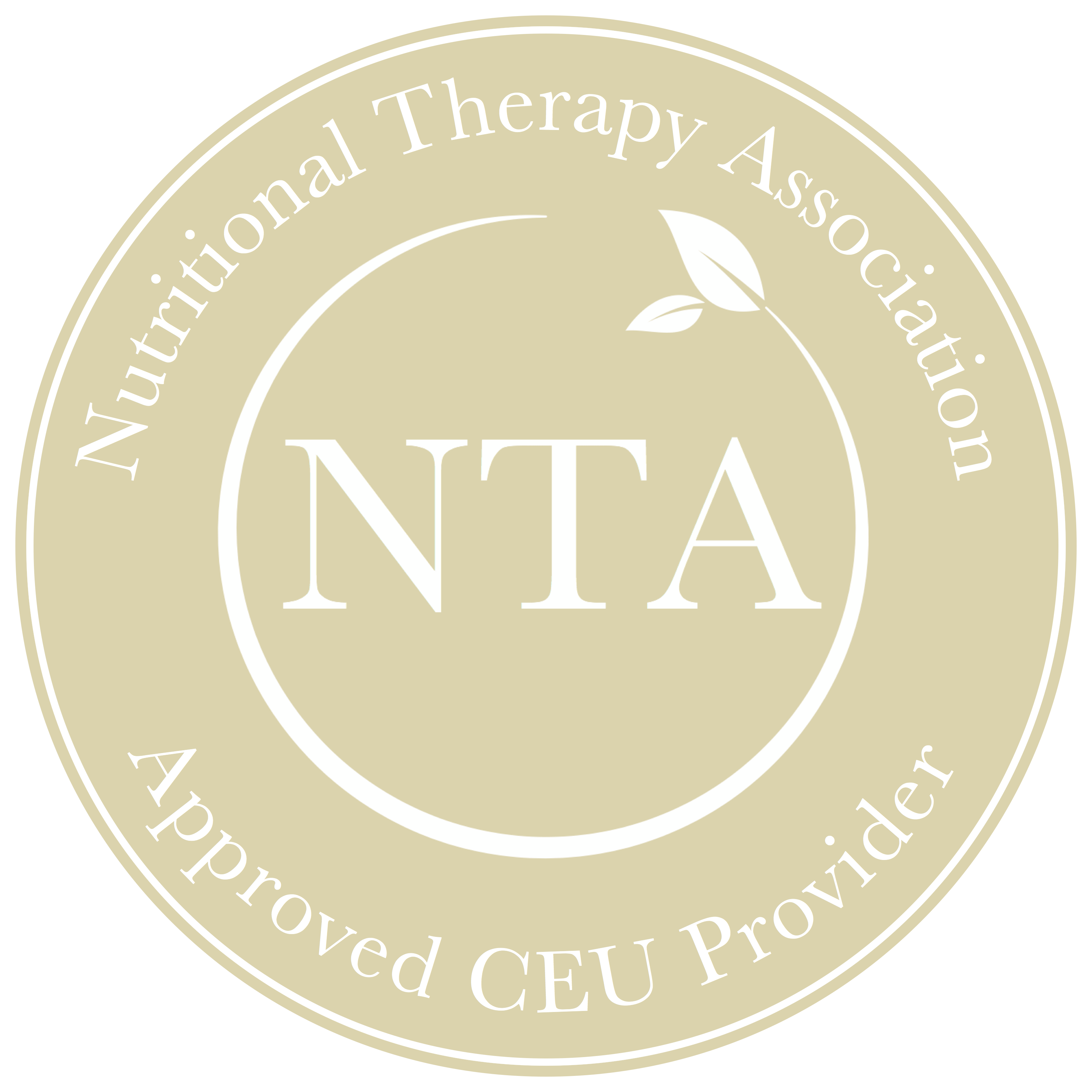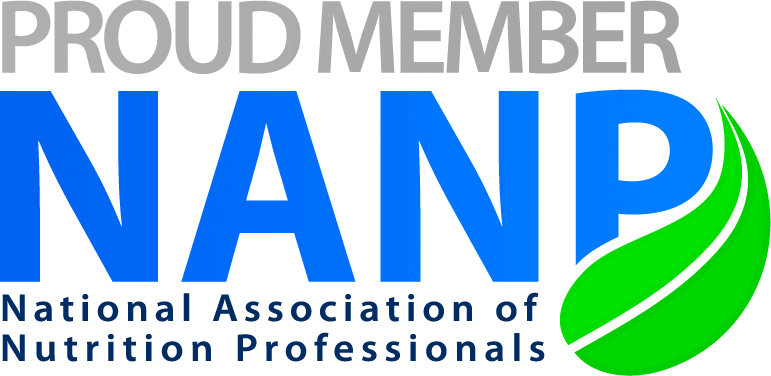What if there was a natural plant compound that boosts antioxidant activity, supports detoxification, exerts anti-inflammatory benefits, strengthens brain health, supports the heart, enhances digestion, and suppresses cancer cells? Too good to be true?
Sulforaphane (SFN), as its name indicates, is a sulfur-rich compound found in cruciferous vegetables like cabbage, broccoli, bok choy, and others. In these vegetables, sulforaphane exists in an inactive form called glucoraphanin, which belongs to the glucosinolate family of plant compounds. SFN is activated when glucoraphanin comes in contact with myrosinase, a group of enzymes that play a role in how plants defend themselves. That means that myrosinase enzymes are released and activated when a plant is damaged and it enlists a defense response by secreting myrosinase. It also means that for us to get the highest benefit when eating these crucifers, they must be chopped and thoroughly chewed to release myrosinase and activate SFN.
While raw vegetables have the highest levels of SFN – one study showed that raw broccoli had ten times more sulforaphane than cooked (1) – many cruciferous vegetables are goitrogenic when eaten raw, making them a less than optimal source of SFN. Fortunately, this powerful compound is also available in supplemental form.
Sulforaphane, in and of itself, is not an antioxidant but it has the ability to enhance glutathione and other antioxidant compounds that activate the Nrf2 pathway, the body’s major cellular defense mechanism against reactive oxygen species (ROS) (2).
SFN strongly induces detoxification enzymes, especially in the liver’s Phase 2 processes. It helps clear conjugated estrogens and biotoxins and has been shown to protect the liver by enhancing glutathione synthesis (3).
SFN exhibits anti-inflammatory properties due to its ability to decrease lipopolysaccharide (LPS)-induced secretion of pro-inflammatory and pro-carcinogenic signaling factors (4). In this regard, sulforaphane’s power lies in its capacity to reduce oxidative stress and inflammation which then inhibits further tissue destruction.
When it comes to brain health, SFN is considered neuroprotective and shows potential as a possible therapy for Parkinson’s disease, Alzheimer’s disease and other neurodegenerative conditions. Some studies even show sulforaphane can improve behavioral issues associated with autism.
Because of its antioxidant and anti-inflammatory actions, SFN can help decrease the risk of cardiovascular disease. Heart disease is commonly related to inflammation in the arteries, obesity, and diabetes – all issues that can benefit from increased antioxidant levels and reduced inflammatory processes.
SFN displays the ability to protect the mucosal lining of the digestive tract from damage caused by H. Pylori and NSAID use (5).
Last, but certainly not least, SFN has been studied extensively by cancer researchers. It has been shown to provide tissue protection from chemotherapy (6). It may also help induce apoptosis, which is our immune system’s natural process of flagging and eliminating cancerous cells. Since sulforaphane can help detoxify estrogens, it supports healthy estrogen levels. One study showed that SFN halted human breast cancer cell growth completely (7).
Many of the health issues described above are initially subtle yet lead to profound consequences. With so much solid research and so many benefits, we should be recommending SFN to many of our clients.
Level 4 of the RWS suite of courses, which starts at the end of August, includes a deep dive into genetics, biotoxins and detoxification, neurological issues, and autoimmune disease, where sulforaphane will be one of our key nutrient recommendations.
- https://pubmed.ncbi.nlm.nih.gov/18950181/
- https://www.mdpi.com/2076-3921/9/6/521
- https://www.ncbi.nlm.nih.gov/pmc/articles/PMC4572790/
- https://www.sciencedirect.com/science/article/pii/S0021925819315121
- https://www.ncbi.nlm.nih.gov/pmc/articles/PMC5759180/
- https://link.springer.com/article/10.1007/s12079-017-0401-y
- https://pubmed.ncbi.nlm.nih.gov/15501721/







